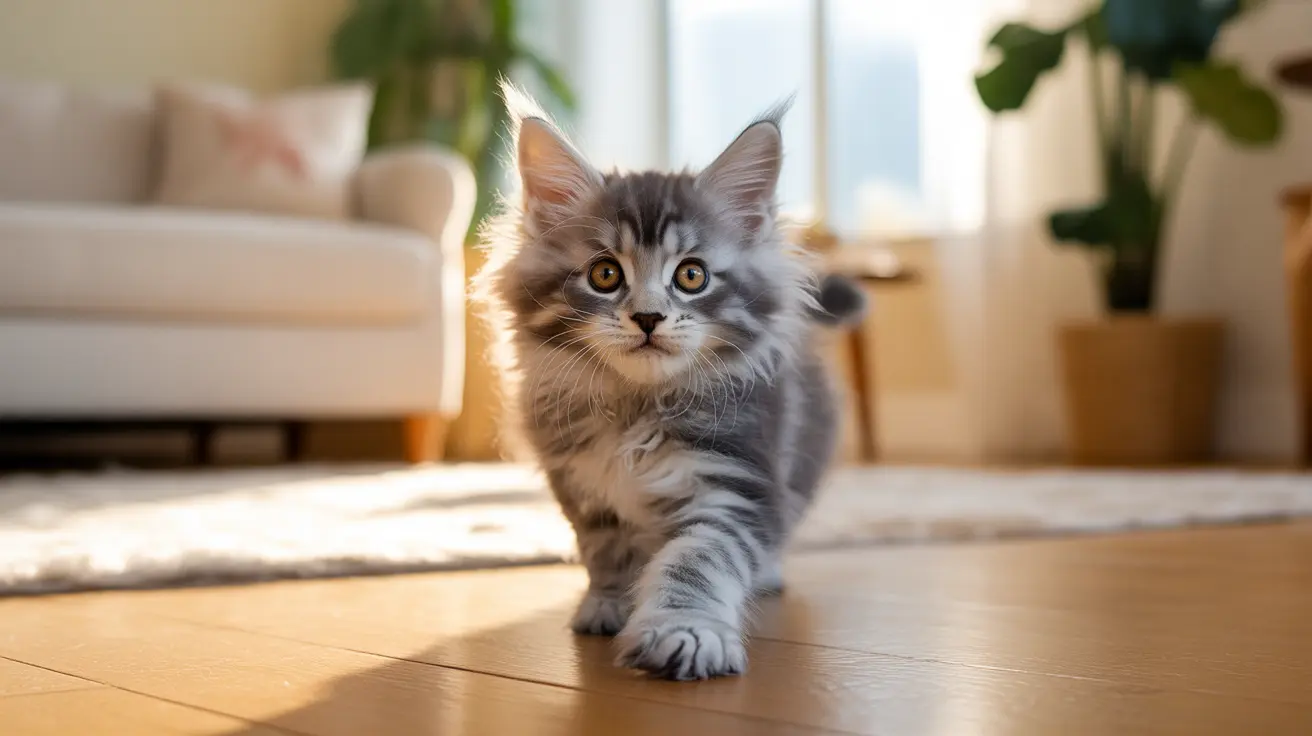Understanding kitten development by week is crucial for any cat owner or caregiver. From their first moments as tiny, helpless newborns to energetic eight-week-old kittens ready for adoption, these early weeks are packed with remarkable changes and important milestones. This comprehensive guide will walk you through each stage of kitten development, helping you provide the best care during these critical early weeks.
The Neonatal Period: Weeks 0-2
Newborn kittens enter the world completely dependent on their mother. During their first two weeks of life, kittens are blind, deaf, and unable to regulate their body temperature. They weigh just 3-4 ounces at birth and spend nearly all their time nursing and sleeping.
- Weight doubling by the end of week one
- Ears beginning to unfold around day 7
- Eyes starting to open between days 10-14
- Development of basic senses like smell and touch
The Transitional Stage: Weeks 2-4
This stage marks the beginning of major sensory and physical developments. Kittens become increasingly aware of their environment and start developing crucial motor skills.
- Full eye opening and improving vision
- Ear canal opening and enhanced hearing
- First teeth emergence (incisors)
- Initial attempts at walking and standing
- Early social behaviors with littermates
The Critical Socialization Period: Weeks 4-8
These weeks are fundamental for both physical and behavioral development. Kittens become increasingly independent and develop the skills they'll need as adult cats.
Weeks 4-5
During this period, kittens master basic physical skills and begin showing distinct personality traits:
- Confident walking and early running attempts
- Advanced play behaviors including pouncing and wrestling
- Self-grooming initiation
- Successful litter box use
Weeks 6-7
Physical and social development accelerates dramatically:
- Mastery of running, jumping, and climbing
- Full set of baby teeth
- Beginning of eye color changes
- Peak play activity and social interaction
- Weight reaching 1.7-1.9 pounds
Week 8
By eight weeks, kittens have reached several important milestones:
- Adult eye color establishment
- Complete baby teeth set
- Full independence in eating and grooming
- Ready for adoption and vaccination
- Weight approximately 2 pounds
Nutrition and Care Requirements
Proper nutrition is essential during these rapid growth weeks. Kittens transition from exclusive nursing to solid foods between weeks 3-4. By week 8, they should be eating high-quality kitten food 3-4 times daily while maintaining access to fresh water.
Frequently Asked Questions
What are the most important kitten development milestones by week during the first 8 weeks?
The key milestones include eye opening (10-14 days), walking (3 weeks), solid food introduction (3-4 weeks), litter box training (4 weeks), and full independence in eating and mobility (8 weeks).
How can I tell how old a kitten is based on their behavior and physical appearance?
Age can be determined by checking eye color (blue until 7 weeks), teeth development (starts week 3), mobility level, and weight. Behavioral cues like playing style and independence level also help indicate age.
What should I feed my week-old kitten and when should I start introducing solid food?
One-week-old kittens should only receive mother's milk or kitten formula if orphaned. Begin introducing wet kitten food around 3-4 weeks, gradually transitioning to a mix of wet and dry food by 8 weeks.
Why is early socialization so important for kitten development and how should I socialize my kitten?
Early socialization (2-9 weeks) is crucial for developing friendly, well-adjusted adult cats. Expose kittens to gentle handling, various sounds, different people, and positive experiences during this period.
At what age are kittens ready for litter training and what type of litter box should I use?
Introduce litter training around 3-4 weeks using a shallow box with unscented, non-clumping litter. Ensure the box is easily accessible with low sides for small kittens.
Conclusion
Monitoring kitten development by week helps ensure healthy growth and proper care during these crucial early stages. From helpless newborns to independent young cats, each week brings exciting changes and new care requirements. Understanding these developmental stages helps create the foundation for a healthy, well-adjusted adult cat.






